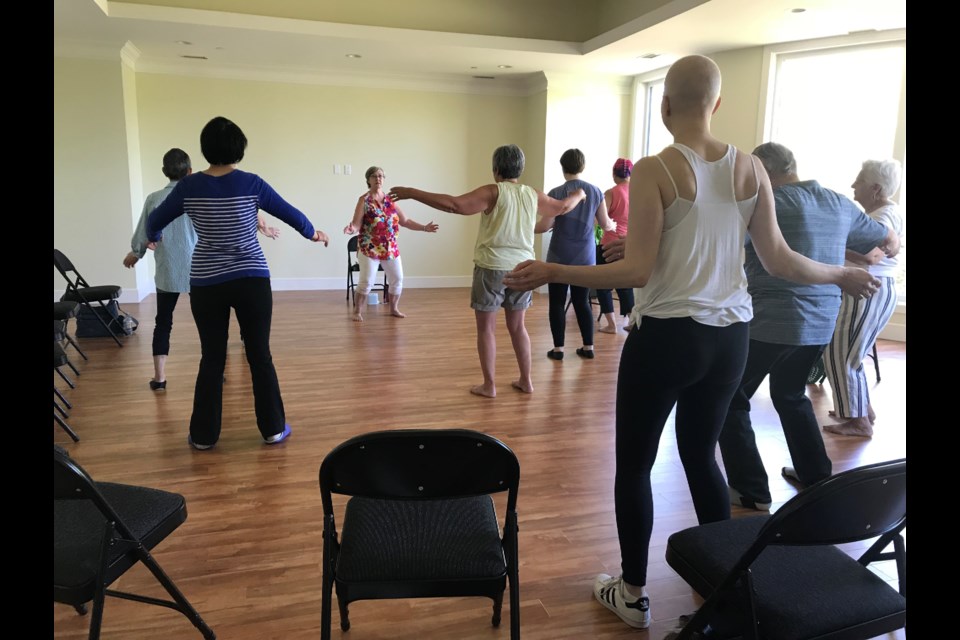When one member of the family is diagnosed with cancer, it affects everyone. It appears as a rude, unwanted guest turning everyone’s life upside down.
It’s no wonder everyone wants to give it the boot.
The shock of receiving the devastating news causes stress and anxiety. The best way families can assist their loved one is to circle the wagons and work together to provide comfort and strength.
Good communication is key and many relationships become stronger and more meaningful as people develop new ways of coping.
However, when cancer weasels its way into families, roles and responsibilities often change. The patient needs to focus on treatment and recovery.
However, treatment and recovery is full of complications ranging from pain, fatigue, nausea, diarrhea and difficulty breathing, to anger, frustration, anxiety and depression.
With decreased energy to participate in life, partners, children and sometimes friends pick up the role of nursing their loved one back to health. It’s a job no one trains for, and quite truthfully it’s a burden no one ever wants.
But if it arrives knocking on the door, people around the world compromise their personal and professional lives to care for family. Some caregivers even quit their jobs to take on added responsibilities shopping, cooking special dietary meals, paying bills and doing double duty finishing household chores.
“Caregivers also drive their partners to medical appointments, and when you are in treatment for cancer there are a lot of them,” said Faye Haney, co-facilitator for caregivers at Wellspring Edmonton.
She adds, “Caregivers take on the role of being a connector with the medical profession. Their partners are not feeling well and don’t really hear the messages. It’s the caregiver that takes notes and listens to the medical jargon. The caregivers listen to instructions and directives given out by the medical profession, and then they communicate it to others. That can be pretty overwhelming.”
Wellspring Edmonton, located near Southgate Mall, is a two-year-old centre that provides free support to patients and caregivers through numerous programs that range from art, music, yoga, qigong, reiki treatments, and even a bereavement support group.
Haney explains that often in attending to loved ones, caregivers succumb to burnout by ignoring their own health problems and needs.
Burnout affects moods, and caregivers can easily become angry, anxious, depressed and fearful. Physically, they can develop stomach problems, chest pain, heart problems, hair loss and skin problems.
“They aren’t eating. They aren’t sleeping. They become easily tired and sometimes they have a physical condition. And they get lonely. All their energy goes into caring for the patient. Their physical, emotional, mental, spiritual and even social well-being can be impacted.”
When caregivers enter a support group, they will often mention they feel guilty taking a break from the cancer routine to re-energize.
“They become physically and emotionally worn out. They stop seeing people. Their life changes so much. They have to learn to say ‘no.’ For instance, if friends want to come over and they’re too tired, they need to set boundaries.”
One of the classes Wellspring offers is Caregivers Connect, a four-week program that assists caregivers to manage stress. It is also a supportive environment where individuals can share stories and experiences.
Leaders teach self-care techniques and suggest steps to lighten the load and responsibilities. The program is held on four consecutive Mondays. For more information, visit www.wellspringedmonton.ca or call 780-758-4433.




